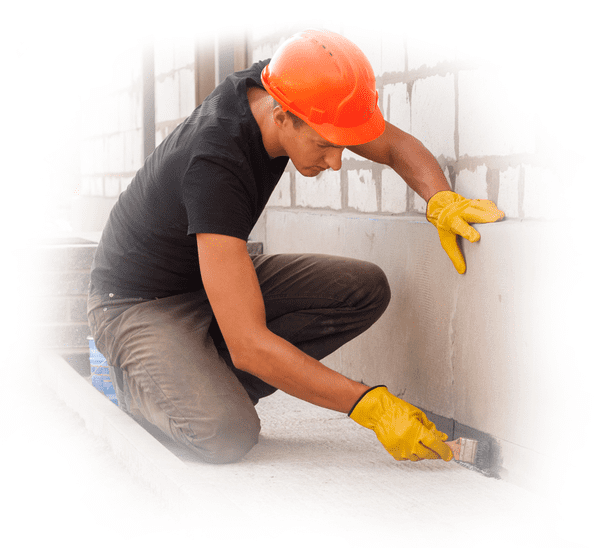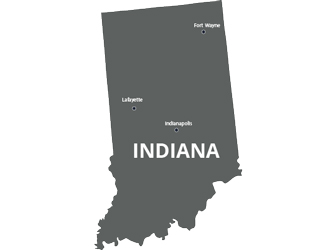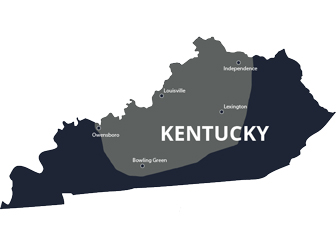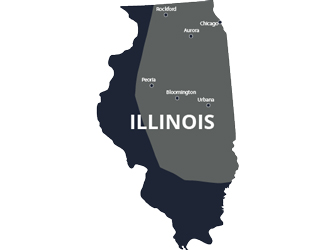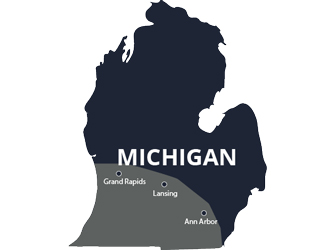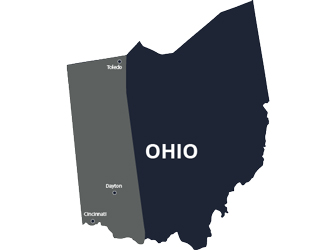You might not think flushing the toilet or taking a shower could damage your home’s foundation, but if any pipes have had a steady leak over time, that water can cause problems. But the bigger problem is the pipe damage a shifting foundation can cause.
Why a Foundation Shifts
When water — whether from rain, a flooding river near your home, snow melt, or leaking pipes —touches the ground, the soil absorbs it. This absorption expands the soil. Expanding soil pushes against a building’s foundation and also moves around under the concrete. Concrete is porous, and water can infiltrate it through pores and existing cracks.
Water loosens the soil, creating muddy slurries that move dirt around. This results in loose soil and air pockets. The foundation may shift into these pockets. This is not like a sudden sinkhole; it takes time before the damage is noticeable — which is why it is so important to have any issues repaired as soon as you discover them.
Shifting and Pipe Damage
Imagine placing two straws end to end. Now shake the table. The straws separated, right? Now imagine those straws as sewer and plumbing pipes that are being “shaken” or slowly pulled apart by a moving foundation. If the pipes no longer are flush or sealed, water and waste will leak out. The leak likely will be very slow, but it will be obvious if the plumbing is in an exposed area such as a basement or crawl space.
A shifting foundation also can affect parts of the pipes underground or where they connect to the plumbing in the home. Sprinkler systems left on too long or too close to the house result in pooling water and/or saturated soil right in the location you don’t want it — next to the foundation.
Why Not Hire a Plumber?
Hiring a licensed and insured plumber is a great idea to fix the immediate problem. However, you still need to address the shifting foundation. Repairing a foundation is not something a plumber can do. You might want to perform stopgap measures, then get the foundation repair done. After your home’s foundation is raised and leveled, it may affect the pipes, so wait on the expensive repairs until after an expert has addressed the foundation issues.
It also is a good idea to periodically check the plumbing within your home, even if you haven’t seen any signs of foundation or plumbing problems. Look for cracks as well as water dripping around connectors and places where pipe pieces are glued or soldered together.
Preventing Additional Plumbing Damage
The best way to keep pipes intact and prevent them from shifting is to make sure your home’s foundation doesn’t shift. This means waterproofing. Some shifting always will occur; after all, your house is sitting on earth, and Mother Nature doesn’t have time to worry about your foundation.
To make your foundation as waterproof as possible, there are several things you need to address, both inside and outside. On the outside, make sure sprinkler systems are not set too close to the house and are set to run for shorter durations. Gutters must be clear; if they are clogged, rainwater and ice melt cascade off the roof directly down to the base of the home. Do not plant large trees near the house as the roots will grow into the foundation and press against the concrete and grow under the foundation to disturb the soil.
For the inside, hire a specialist to seal all cracks, remove and remediate mold, shore up bowed walls, and/or lift the floor. If your basement gets a lot of water on a regular basis, install at least one quality sump pump or another drainage system.
Acculevel Straightens Foundations
Mother Nature may not have time to worry about your foundation, but Acculevel does. Foundation and basement specialists since 1996, we want your home to be as dry and safe as possible. We handle all types of waterproofing and foundation/basement repair. We service the Midwest and offer free in-home estimates. If you have plumbing issues related to your foundation shifting, contact us to set up an appointment at (866) 669-3349 or email us at [email protected].













